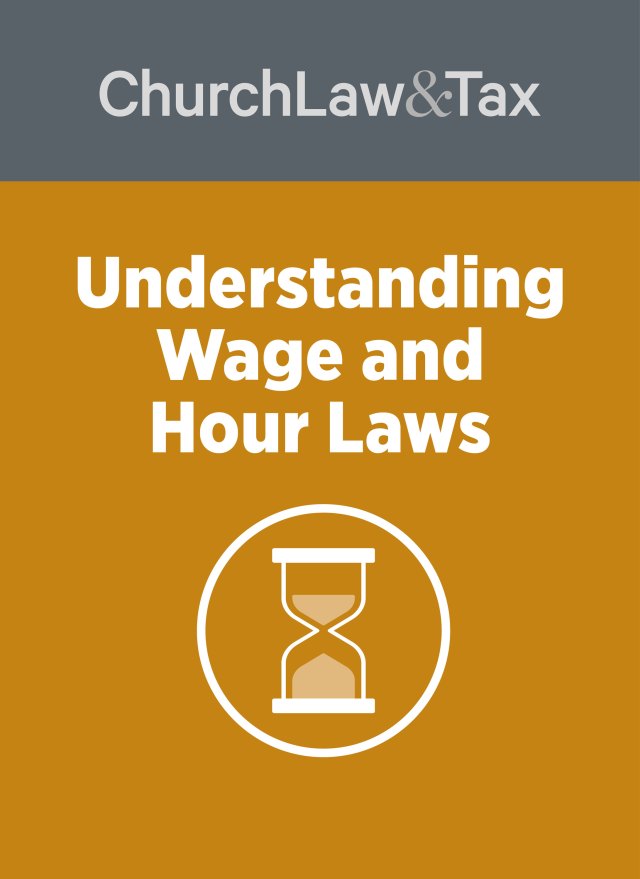A local church had established a vocational training program allegedly to further its religious mission, and used a commercial construction company to implement the program. The church argued that the Fair Labor Standards Act could not be enforced against the church, even though members of the church allowed their children to be employed by a commercial enterprise in violation of the prohibitions against child labor, minimum wage, and overtime compensation, because the children were participating in a vocational training program established by a church which was constitutionally protected by the guaranty of religious freedom.
The court concluded that the Fair Labor Standards Act did apply to a commercial contractor used by a church as part of its vocational training program. The court added that "the FLSA is a reasonable, nondiscriminatory regulation by an act of Congress, one purpose being to prevent the exploitation of children in the labor force, and its enforcement (even as to employees of a church engaged in commercial activity no matter what their religious conviction) does not violate the constitutional provisions guaranteeing the free exercise of religion." Shiloh True Light Church of Christ v. Brock, 670 F. Supp. 158 (W.D.N.C. 1987)




